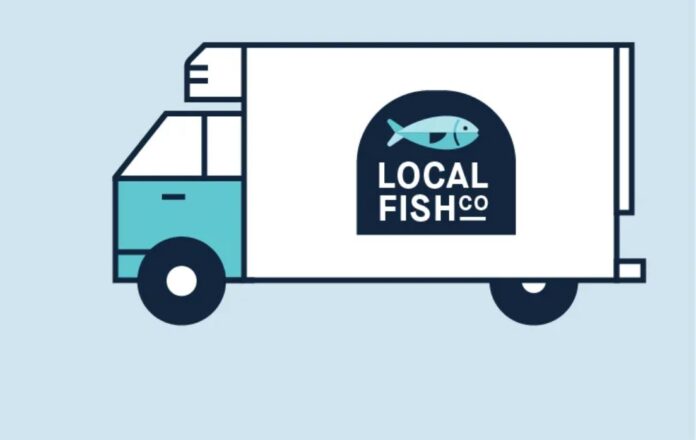Are you ready to tackle the challenges of a career in the exciting, fast-moving transportation field? If so, now is a great time to get involved. Some of the top companies, as well as medium-sized and small ones, are in desperate need of new talent. In fact, there’s been a significant shortage of drivers, managers, and administrative personnel for more than two years. That translates into exceptional opportunities in the transport sector.
What are the main things to know if you intend to eventually reach a managerial level in the field? It’s a given that a large number of managers start as drivers. For potential new hires, that’s good news because it means you can gain a foothold in the industry in a couple of different ways. For all future management, it’s imperative to know some basic facts about how companies operate, what the current challenges are, and what to expect in terms of local laws and regulations. Review the following points to become better acquainted with what it takes to succeed in the transportation sector as a managerial operative.
Fleet Managers Face Multiple Challenges
Fleet managers are jugglers. They do several jobs at once, but the most vital one of all is keeping track of the commercial vehicles and drivers in their care. What constitutes a commercial vehicle? The FMCSA rules put forth a very specific definition. It’s essential for managers, supervisors, and drivers to understand that much depends on the job and vehicle type. In the vast majority of situations and jobs that involve driving a vehicle for a company, the driver must acquire a CDL (commercial driver’s license). Review online to learn more about FMCSA rules pertaining to what is and is not a commercial vehicle and who needs to hold a CDL in order to operate one.
Leasing Works Best for New Companies
For small organizations that operate commercial vehicles, one way to tackle career challenges that come with this sector and maybe the smartest way to acquire the first trucks, vans, or cars is via lease agreements. Even businesses that only use two or three small trucks, SUVs, or transporter vans face significant financial constraints if they opt to own instead of lease those first few vehicles. Still, it’s worth the time to explore all the costs involved with owning vs. leasing. Many entrepreneurs choose to lease for a year or two and then begin purchasing new models as financial circumstances permit.
Biggest Job Growth is in Shuttle and Van Driving
While the higher-paying positions and career-oriented openings are with the large commercial fleet companies, there are many opportunities in transport for van and shuttle drivers. Few new hires need to obtain CDLs. However, a few jurisdictions set special requirements and require drivers to take exams before going on the road. Note that many cities and municipalities hire operators on a regular basis. It’s also possible to purchase a van and start your own small company in the passenger carrier industry.
Cargo Pays Much More Than Human Passengers
While some entrepreneurs wish to set up passenger van services, it’s helpful to know that small companies in the niche tend to earn much more money if they carry cargo instead of people. The main reason is that the non-human market is immensely larger. Plus, with the advent of ride share services, the competition for human passengers is intense, thus making it hard for a van carrier to earn enough income without taking on cargo runs. Additionally, there’s much greater legal liability for firms that transport people. Cargo carrying is much less risky, and there’s an almost endless supply of it in the modern commercial world. Focusing on the delivery of packages and other goods is the preferred way to go for new entrants into the small van and truck transportation segment.
Local Laws and Regulations Vary Greatly
There are two universal truths about the fleet business. The first is that it’s an industry filled with laws, regulations, rules, and industry guidelines. The other is that there is a huge variance from region to region in the laws and rules under which any one company must operate. This concept is of particular importance for managers, supervisors, and drivers, all of whom must follow federal, state, and other rules to the letter as they go about their daily jobs. Make an effort to learn all the local transport-related laws in the geographic region where you intend to work.

